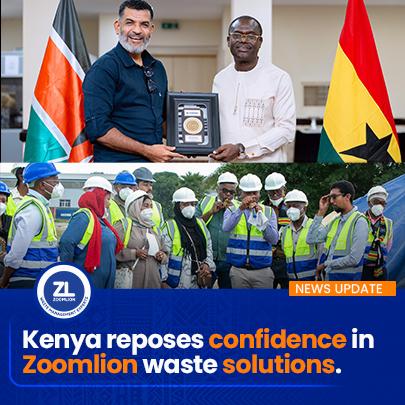Births & Deaths Registry firms up plan to improve civil registration system
The Births and Deaths Registry has developed a five-year plan to ensure every Ghanaian is counted, recognised and protected through a better civil registration system.
Known as the Civil Registration and Vital Statistics (CRVS) Strategic Plan for 2025 to 2030, the initiative seeks to transform the country’s CRVS system into a modern, inclusive, fully integrated framework that guarantees legal identity for all.
The new plan, which builds on the gains made under the initial 2016–2020 strategy, aims to streamline and modernise the registration of vital events such as births, deaths, foetal deaths, marriages and divorces.
The key targets under the plan align with the country’s Vision 2057, which aspires to achieve 100 per cent birth and 95 per cent death registration by the time the country celebrates its centenary anniversary.
The plan was developed through broad consultations involving key institutions such as the Ghana Health Service, the Ghana Statistical Service, the Judicial Service, metropolitan, municipal and district assemblies (MMDAs) and development partners, including the United Nations Fund for Population Activities (UNFPA), UNECA and UNICEF.
Consequently, a two-day national stakeholder validation workshop on the new CRVS at Akuapem-Tutu in the Eastern Region has been held.
Last Thursday’s workshop brought together key stakeholders to scrutinise the draft plan, assign institutional responsibilities and establish a roadmap for its approval and implementation.
Govt commitment
Speaking at the opening of the workshop, the Deputy Minister of Local Government, Chieftaincy and Religious Affairs, Rita Naa Odoley Sowah, said the plan affirmed the government’s commitment to building a system that left no one behind and ensured that every Ghanaian could access essential services tied to legal identity such as education, healthcare, pensions and voting rights.
She indicated that civil registration and vital statistics went beyond record-keeping and were the gateway to legal identity and an essential building block for human rights, governance and development.
Ms Sowah referenced the UN Legal Identity Agenda and the Sustainable Development Goal (SDG) target 16.9, which called for all countries to provide legal identity for all, including free birth registration by 2030.
She said Ghana, as a committed member of the global community, had aligned its efforts accordingly, and the 2025–2030 Strategic Plan represented a key instrument in that alignment.
The workshop
Ms Sowah commended the Births and Deaths Registry for its leadership and technical coordination and expressed gratitude to development partners for sustaining momentum and providing strategic guidance.
“Let us work together to ensure that every child is counted at birth, every life is registered, and every Ghanaian has access to a legal identity that enables full participation in national life,” she said.
Registrar
The acting Registrar of the Births and Deaths Registry, Samuel Adom Botchway, said the CRVS was a culmination of months of hard work, extensive consultations and technical input from a broad spectrum of institutions and partners.
He said the strategic plan was not just a document but a roadmap for building a CRVS system that was modern, efficient, inclusive, and served every Ghanaian.
He expressed appreciation to development partners, including UNICEF, UNFPA, and UNECA, for their continuous support.

